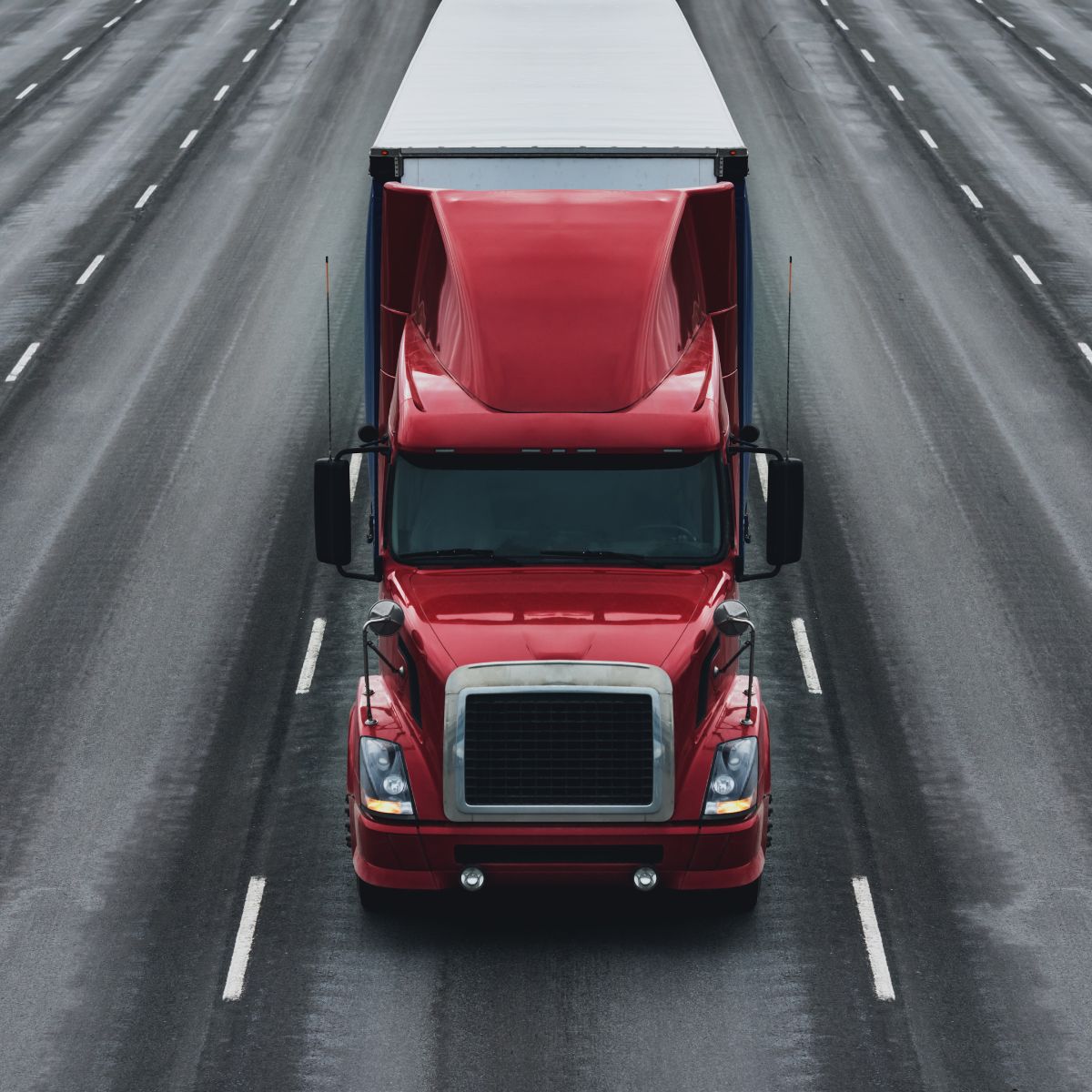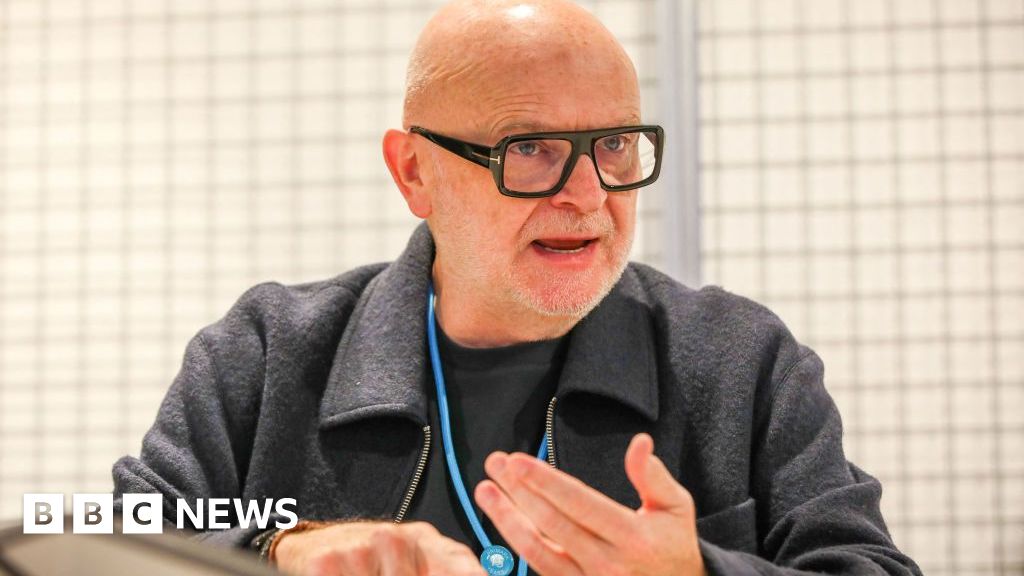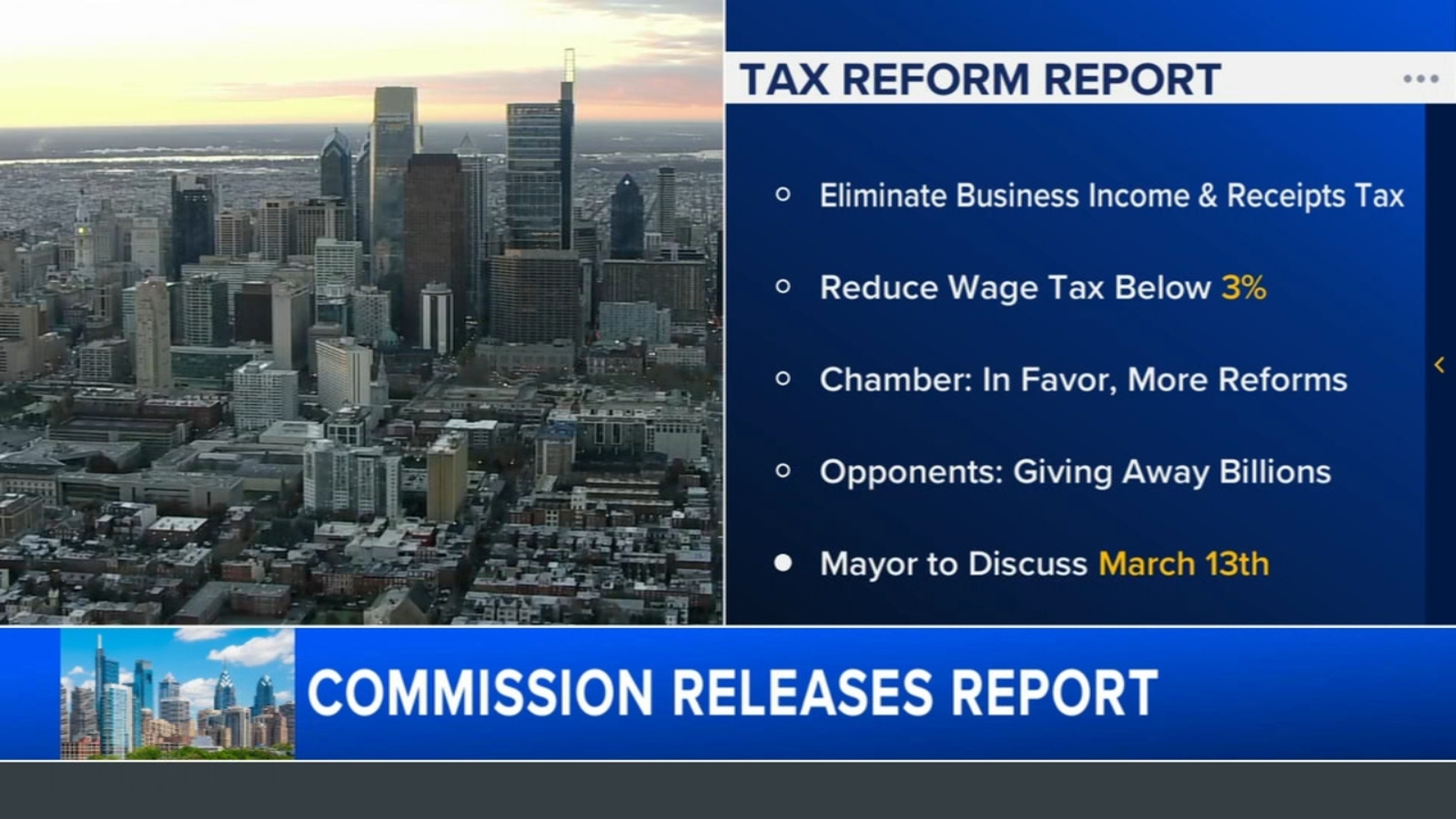From Diesel to Green: How Trucking Giants Are Reinventing Their Business Models for a Zero-Emission Future
Business
2025-04-02 10:11:43Content

Revolutionizing India's Green Freight: Breaking Barriers to Zero-Emission Trucking
India's road transport sector faces a critical challenge: trucks are responsible for a staggering 45% of transportation emissions. Despite the urgent need for sustainable logistics, high costs and complex financing have been significant roadblocks to adopting zero-emission trucks (ZETs).
Traditional trucking models are proving inadequate in addressing environmental concerns and economic constraints. However, innovative solutions are emerging that could transform the landscape of freight transportation.
Enter game-changing approaches like Battery-as-a-Service (BaaS), battery swapping technologies, and Truck-as-a-Service (TaaS). These cutting-edge models are designed to dramatically reduce upfront costs, mitigate financial risks, and accelerate the transition to cleaner transportation.
By decoupling battery ownership, providing flexible financing options, and creating more accessible entry points for fleet operators, these strategies promise to unlock unprecedented potential for sustainable freight movement in India.
The future of logistics is green, and these innovative models are paving the way for a more environmentally responsible and economically viable transportation ecosystem.
Revolutionizing Green Logistics: India's Transformative Path to Zero-Emission Trucking
In the rapidly evolving landscape of sustainable transportation, India stands at a critical crossroads where innovative solutions can dramatically reshape the future of freight mobility. The transportation sector, particularly road freight, represents a significant challenge in the nation's environmental sustainability efforts, demanding groundbreaking approaches to reduce carbon emissions and transform traditional logistics infrastructure.Driving Change: The Urgent Need for Sustainable Freight Solutions
The Emissions Challenge in Indian Road Transport
The transportation ecosystem in India presents a complex environmental puzzle, with heavy-duty trucks emerging as primary contributors to carbon pollution. These massive vehicles, essential to the country's economic backbone, currently generate an alarming proportion of road transport emissions. Traditional diesel-powered trucks have long dominated freight corridors, creating substantial environmental challenges that demand immediate and innovative interventions. Technological advancements and policy frameworks are converging to create unprecedented opportunities for transforming the trucking landscape. Researchers and policymakers recognize that electrification represents more than a technological upgrade—it's a comprehensive strategy for reimagining mobility infrastructure.Economic and Technological Barriers to Zero-Emission Adoption
Transitioning to zero-emission trucks involves navigating intricate economic and technological obstacles. High initial investment costs, limited charging infrastructure, and complex financing mechanisms have historically deterred widespread adoption of electric freight vehicles. Small and medium-sized logistics operators find these barriers particularly challenging, creating a significant market friction. Financial institutions and government agencies are increasingly developing specialized funding mechanisms to support this technological transition. Innovative financing models are emerging that distribute risks and make electric truck investments more accessible to diverse stakeholders.Breakthrough Solutions: Battery-as-a-Service and Truck-as-a-Service
Emerging service-based models are revolutionizing the electric trucking ecosystem. Battery-as-a-Service (BaaS) represents a paradigm shift, allowing operators to separate battery ownership from vehicle purchase. This approach dramatically reduces upfront capital requirements and provides flexibility in managing technological upgrades. Similarly, Truck-as-a-Service (TaaS) models are creating new operational frameworks. By offering comprehensive mobility solutions that include vehicle leasing, maintenance, and technological support, these models lower entry barriers for logistics companies exploring electric alternatives.Technological Innovation and Infrastructure Development
Battery swapping technologies are emerging as a critical solution to range and charging time limitations. Advanced battery exchange stations can potentially reduce downtime and provide rapid energy replenishment, making electric trucks more operationally competitive with traditional diesel vehicles. Strategic partnerships between technology companies, automotive manufacturers, and infrastructure developers are crucial in creating comprehensive ecosystem solutions. These collaborations are essential for developing standardized battery technologies, charging networks, and supportive policy frameworks.Policy and Regulatory Landscape
Government initiatives play a pivotal role in accelerating zero-emission truck adoption. Incentive programs, tax benefits, and stringent emissions regulations are creating a conducive environment for technological transformation. Policymakers are increasingly recognizing that supporting sustainable freight mobility is not just an environmental imperative but also an economic opportunity. By implementing progressive policies that balance technological innovation with economic feasibility, India can position itself as a global leader in sustainable transportation solutions.RELATED NEWS
Business

Scooter Chaos: Nob Hill Businesses Cry Foul Over Reckless Parking Mayhem
2025-04-03 04:25:47
Business

Behind Putin's War: The Shadowy Billionaire Driving Ukraine's Destruction
2025-02-23 09:02:01






